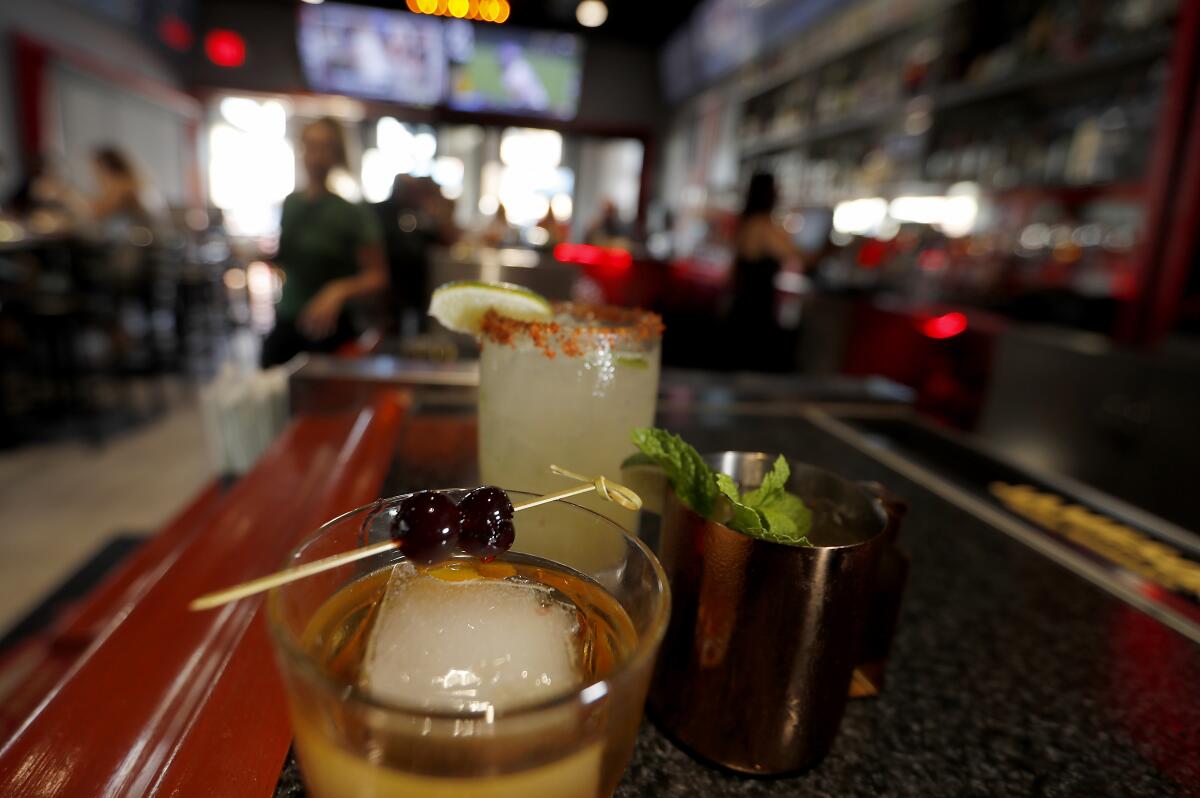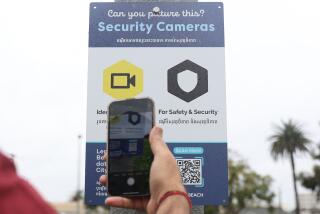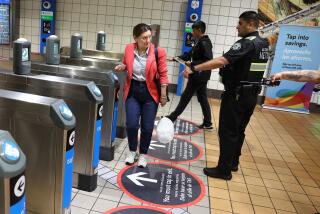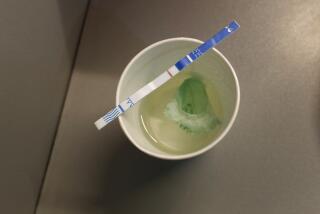Long Beach’s anti-‘roofie’ initiative: Test kits for your bar drink. Here’s how they work

Long Beach bar and restaurant patrons now have the ability to test whether a drink is safe when they fear its been tampered with. The city’s Health and Human Services Department has begun providing drink test kits for free.
The health department announced its new initiative, SipSafe Long Beach, which starts this week to “empower bar-goers to take charge of their safety” by testing their drinks — alcoholic or not — for GHB (gamma-hydroxybutyrate, also known as the date rape drug), ketamine and other dangerous substances, said Jennifer Rice Epstein, spokesperson for the department.
The Long Beach Police Department has received an average of 25 reports annually the last three years from people who believe they have been drugged by a spiked drink, the Long Beach Post reported.
The program follows a similar one rolled out last year by the city of West Hollywood after 30 reports of individuals feeling they had been “roofied” at nightlife venues between 2016 and 2021.
Since the program’s establishment, 38 businesses have participated, said Sheri Lunn, West Hollywood public information officer.
“Every business that has test strips operates a little differently,” Lunn said. “Some make them available at the bar counters while others will provide a test strip to a patron upon request to any server, bartender or manager of the business.”
Here’s what the Long Beach community can expect from the new program and how the test strips work.
How can I get a test?
The health department is providing the drink test kits to businesses and organizations by way of an online request form, which is available in English, Spanish, Tagalog and Khmer.
Once an establishment has filled out the form, the health department will deliver 100 kits; order fulfillment will be based on availability of test kits.
Of the department’s 45,000 tests, 7,000 have been distributed to local businesses and organizations within the city, Epstein said.
How do the kits work?
The kit comes with two tests on a single card. One is to the left and one is to the right side of the card. Each test has two spots, labeled “A” and “B.”
When testing your drink, you need to place drops of your beverage onto both the “A” and “B” spots of a single test. Use a swizzle stick or your finger to place the drops, then smear them gently and wait for the liquid to dry.
To read the result of the test, you might have to wait a few minutes for the spots to dry, so be patient.
A positive result: If either spot turns a dark blue color, that translates to a positive test — your drink does have a substance in it.
A negative result: If there’s no dark blue hue, you have a negative result. Test My Drink, the company that created the tests, explains that many colored beverages will create a slight hue on the test spots, and that is not a positive test.
Some mineral waters and tap water also may cause the spots to appear blue while drying, but that isn’t a positive result.
The company advises that people never leave a drink unattended. When in doubt, always throw it away.
More to Read
Sign up for Essential California
The most important California stories and recommendations in your inbox every morning.
You may occasionally receive promotional content from the Los Angeles Times.











